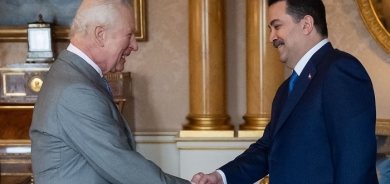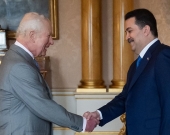Google, Facebook condemn online spying

"We understand that the US and other governments need to take action to protect their citizens' safety -- including sometimes by using surveillance," Google chief and co-founder Larry Page said in a blog post.
"But the level of secrecy around the current legal procedures undermines the freedoms we all cherish."
Page put his personal stamp on the California-based Internet giant's denial that it allowed US intelligence agencies to mine data from its servers.
Facebook boss Mark Zuckerberg did likewise in a statement posted online later in the day.
"Facebook is not and has never been part of any program to give the US or any other government direct access to our servers," he said.
"We have never received a blanket request or court order from any government agency asking for information or metadata in bulk... And if we did, we would fight it aggressively."
Google, Facebook and other technology firms have vehemently denied that they knowingly took part in a secret program called PRISM that gave the National Security Agency (NSA) and the FBI backdoors into servers.
"We have not joined any program that would give the US government or any other government direct access to our servers," Page said.
"Indeed, the US government does not have direct access or a 'backdoor' to the information stored in our data centers... We had not heard of a program called PRISM until yesterday."
The program was reportedly set up in 2007 and has grown to become the most prolific contributor to President Barack Obama's Daily Brief, the US leader's top-secret daily intelligence briefing.
Some of the biggest firms in Silicon Valley were involved in the program, including Apple, AOL, Facebook, Google, Microsoft, PalTalk, Skype, Yahoo and YouTube, reports said.
Internet titans contacted by AFP denied providing intelligence agencies with backdoors to networks and held firm that they only cooperated with legal "frontdoor" requests for information.
"This episode confirms what we have long believed -- there needs to be a more transparent approach," Page said.
Google routinely publishes transparency reports listing numbers of requests for user data by governments and how they were handled.
"We strongly encourage all governments to be much more transparent about all programs aimed at keeping the public safe," Zuckerberg said, speaking on behalf of the leading social network.
"It's the only way to protect everyone's civil liberties and create the safe and free society we all want over the long term."
AFP













